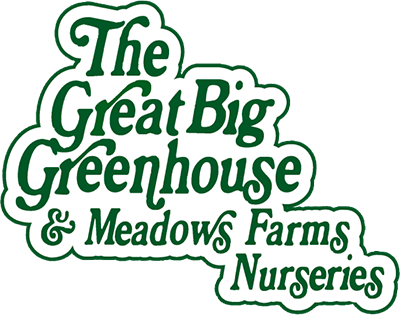Did you know that composting is beneficial not only for your yard but also for the environment? The Natural Resources Defense Council (NRDC) says,
“Recycling food and other organic waste into compost provides a range of environmental benefits, including improving soil health, reducing greenhouse gas emissions, recycling nutrients, and mitigating the impact of droughts.”1
This is great for improving the conditions of our natural environment and is also gold for your garden.
How to Start Your Own Compost Pile
To start a compost pile, clean a space in your yard, whatever you feel you can keep up with. The NRDC recommended a space of 3 feet by 3 feet by 3 inches as a good size. The best spot is in a shady spot, but not one that water puddles after rain.
The first thing to understand is that the microbes that break matter into compost need certain nutrients—Greens and Browns.
Greens
Kitchen scraps and fresh garden clippings (including freshly mowed grass) are all good sources of nitrogen, an essential ingredient. However, do not compost meat and dairy products, as they may attract pests. Also, do not add fresh garden clippings treated with pesticides or herbicides or infested with insects, as the heat generated by the breaking down process might not kill them. Similarly, do not compost seed heads of weeds.
Browns
Dried leaves, dried garden clippings, even shredded newspaper, cut-up cardboard, or straw are all good sources of carbon, the other necessary ingredient. Do not compost leaves or clippings from black walnut trees, as they can be detrimental to some plants.
The correct ratio of Greens to Browns is one part Greens to two parts Browns.
How to Care for Your Compost Pile
You’ll need to use a pitchfork or shovel to aerate the pile, turning it over several times a week during the summer and at least once a week in the winter. It should never be soggy but partly moist to the touch, so you will need to spray it with water during dry spells. If your compost pile develops an unpleasant odor, add a bit more Browns and turn it in. There are also “tumbling” composters available for smaller spaces.
Why Compost?
Composting is one of the best ways to reduce our environmental footprint on this planet while enriching our gardens!
- Natural Resources Defense Council. “Composting 101,” published July 20th, 2020. https://www.nrdc.org/stories/composting-101#whatis

